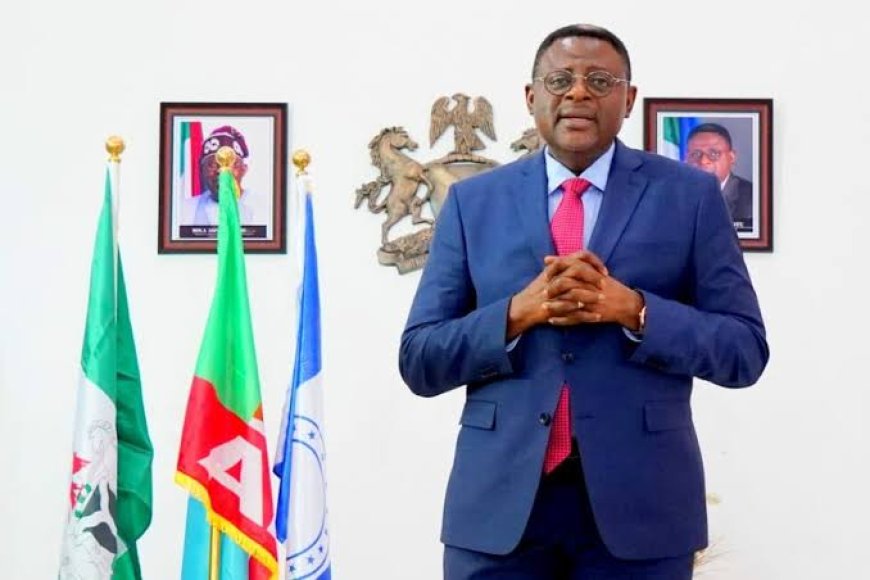Nigeria’s Cross River State Second to Commence Construction of its Special Agro-Industrial Processing Zone.

Its Agricultural Transformation Centre, supported by the Cocoa Research Institute of Nigeria and the University of Calabar, lies less than 45 minutes from Ikom, Etung, and Boki, boosting cocoa production for global markets.
Governor Bassey Otu outlined the state’s vision, saying, “For us in Cross River State, the establishment of clusters of smallholder farmers focused on staple and cash crops such as rice, cassava, millet, cocoa, and oil palm is a vital step toward agro-industrialization.”
“These initiatives are aimed at strengthening food security, diversifying our state’s economy toward export-oriented agriculture, and boosting our GDP,” added Governor Otu, saying the state should expect to see a big difference in two years.
The African Development Bank Group is investing $210 million, including $50 million from its Africa Growing Together Fund. The Islamic Development Bank is contributing $150 million, the International Fund for Agricultural Development is contributing $100 million, the Green Climate Fund is contributing $60 million, and the government is contributing $18 million.
Speaking during the occasion, the International Fund for Agricultural Development’s Country Director, Dede Ekoue, noted that the SAPZ will build on the Livelihood Improvement Family Enterprises in the Niger Delta (LIFE-ND) project which has empowered 26,000 youth and women agripreneurs in the Niger Delta, including 4,000 in Cross River, with plans to scale to 100,000 by 2028.
The Minister of Agriculture and Food Security, Abubakar Kyari, said, “The SAPZ program is a powerful catalyst for economic growth and import substitution. By investing in agro-processing development, we are investing in the future of our communities.”
The African Development Bank Group has committed $934 million to SAPZs in 11 African countries. The 2024 Africa Investment Forum, held in Morocco, recorded $2.2 billion in investor interest for 28 Nigerian states, which make up the second phase of the project.
Adesina explained that with the Special Agro-Industrial Processing Zones, Nigeria will reduce food imports, conserve foreign exchange, expand local production and processing of food and agricultural commodities, strengthen the Naira, and attract significant private investment into the development of agricultural value chains.
The Special Agro-Industrial Processing Zones will also revive and transform rural economies and create millions of jobs.
Adesina was accompanied by the African Development Bank Vice President for Agriculture, Human and Social Development Dr Beth Dunford, the Director General for Nigeria Dr Abdul Kamara, Prof Oyebanji Oyelaran-Oyeyinka, Senior Special Adviser on Industrialisation, Director Richard Ofori-Mante, Director of the Agricultural Finance and Rural Development Department, and Dr Yusuf Kabir, National Coordinator for SAPZ, Nigeria.
SOURCE: ADP News














































